By Danielle Lobo, Saurbh Kothari and Alex Vromans
|
The Authors
Danielle Lobo Danielle is a corporate/commercial lawyer with considerable experience in a wide range of corporate matters including private equity transactions, mergers and acquisitions, joint ventures, restructurings and reorganisations. She advises vendors, trade purchasers and management on both the sale and purchase of companies, as well as on private equity investments. Danielle is a member of the Law Society of Scotland. She holds an LLB (Hons.) from the University of Aberdeen, Scotland. Prior to joining the firm, she trained at and was a solicitor with a global firm in Scotland
Saurbh Kothari Saurbh joined Afridi & Angell in 2008 and is a senior associate in the corporate and commercial team. He advises both local and international clients on a broad range of corporate/commercial and employment matters. Saurbh is a member of the Bar Council of Rajasthan, India. He holds an LLM from the University of California, Berkeley and a BBA LLB from National Law University, Jodhpur, India.
Alex Vromans Alex supports lawyers on a wide range of corporate, commercial, and real estate matters. She assists the corporate team in the incorporation of new companies in the UAE (including UAE free zones), maintenance of existing companies, liaising with government departments, drafting memoranda, and conducting research. Prior to joining Afridi & Angell, Alex followed a summer internship at the firm. Prior to that, she gained extensive experience during several internships with law offices in Canada. |
The Dubai Multi Commodities Centre (DMCC) Authority has recently issued new company regulations (the Company Regulations 2020). The Company Regulations 2020 came into effect on 2 January 2020 and they repeal and replace the previous DMCC Company Regulations 2003 (DMCC Regulation No. 1 of 2003, as amended by DMCC Regulation No. 1 of 2007, DMCC Regulation No. 1 of 2009 and DMCC Regulation No. 1 of 2013) (the Previous Company Regulations).
The Company Regulations 2020 provide for more clarity and flexibility for businesses wishing to conduct business in and from the DMCC. Note that Company Regulations 2020 are also applicable to branches of foreign companies established in the DMCC.
The Company Regulations 2020 expressly state that the provisions of Federal Law No. 2 of 2015 Concerning Commercial Companies (i.e. the Federal Companies Law applicable to mainland/onshore entities) do not apply to any DMCC company or branch in DMCC.
Transition and Compliance Requirements for Existing DMCC Companies
The Company Regulations 2020 do not impose an obligation on existing DMCC companies to take active steps for compliance unless their existing Articles of Association (Articles) are contrary to or inconsistent with the Company Regulations 2020. The Company Regulations 2020 allow the DMCC Authority to establish transitional provisions to facilitate the transition from the Previous Company Regulations (and any rule, regulation, policy or decision made under the Previous Company Regulations) to the Company Regulations 2020.
To the extent that the Articles of a DMCC company are contrary to, or inconsistent with the Company Regulations 2020, such a company must amend the non-compliant provisions by 2 January 2022 (being 24 months from the date the Company Regulations 2020 came into effect).
Important Changes in the Company Regulations 2020:
We have set out below an overview of the key changes and updates introduced by the Company Regulations 2020:
Articles of Association
Companies in the DMCC will now have more flexibility when drafting and adopting Articles. Under the Company Regulations 2020, DMCC companies have the following options when it comes to adopting Articles:
- to adopt the template Articles prescribed by the Dubai Multi Commodities Centre Authority (DMCCA) (the Standard DMCC Articles);
- to amend clauses of the Standard DMCC Articles; or
- to adopt their own version of the Articles – provided that they meet the requirements as set out in the Company Regulations 2020.
If a DMCC company decides to adopt its own bespoke Articles, it must provide the Registrar of Companies (the Registrar) with a legal opinion that the new Articles do not contain any provisions which are contrary to or inconsistent with the Company Regulations 2020.
Furthermore, if at any time, the Registrar notifies a DMCC company that the Articles contain a provision deemed contrary to or inconsistent with the Company Regulations 2020, the said DMCC company must amend its Articles within a specified time frame and in such manner as the Registrar may direct.
It is important to point out that the Previous Company Regulations permitted minor amendments to the Standard DMCC Articles. However, amending the Standard DMCC Articles was not very common and shareholders of a DMCC company would often, along with the Standard DMCC Articles, generally rely on a separate shareholders’ agreement.
The ability to adopt bespoke Articles may not have any benefit to a wholly owned subsidiary however if the DMCC company is a joint venture between two or more unrelated parties, adoption of bespoke Articles can provide parties with an additional source of protection to ensure that the contractual provisions agreed to in their shareholders’ agreement are honored.
Share Classes
Companies in the DMCC will have the option to structure their shareholdings in the way that best suits their requirements. The Previous Company Regulations only allowed one class of shares.
Under the Companies Regulations 2020, a DMCC company may issue different types or classes of shares, provided that the rights of each type or class of shares is stipulated in the Articles of the company.
Up until now, if parties wanted to prescribe different rights to shares (and therefore have more than one class of shares) their only option in the UAE was to look to the incorporation of a company in the Dubai International Financial Centre or the Abu Dhabi Global Market.
Issuance of different classes of shares is very common in other developed jurisdictions. Moreover, it is particularly relevant for start-up companies, as they require the ability to issue different classes of shares to founders and investors during various stages of their growth. With DMCC attracting more and more start-up companies, this will definitely be viewed as a positive development.
Share Capital Requirements
The Company Regulations 2020 have removed the AED 50,000 minimum share capital requirement. Under the Company Regulations 2020, the incorporator may decide the share capital which is sufficient for the activities which it wishes to undertake pursuant to its license issued by the DMCCA. However, the Registrar may, from time to time, specify a minimum amount of share capital.
Although the minimum share capital requirement has been removed, practically, we may still see companies in DMCC and/or the Registrar using AED 50,000 as the benchmark for the share capital requirement as is the case onshore in the UAE.
In making this change, the DMCC has followed many other free zones in the UAE, such as the Jebel Ali Free Zone, which originally had minimum share capital requirement(s) (depending on the type of company).
Dormant Companies
The Companies Regulations 2020 introduces the concept of dormant companies. A DMCC company may request the Registrar to suspend its license for a period of up to 12 months or longer (as approved by the Registrar). A company whose license has been suspended by the Registrar must not conduct any business under the suspended license until such time the suspended license is reactivated.
The Registrar or the DMCCA has the authority to issue additional rules in respect of dormant companies.
If there are cost benefits (e.g. waiver from requirement(s) to pay the license fee or lease office space in the DMCC during the suspended period), DMCC companies which are going through financial difficulties or restructuring may consider requesting the Registrar to suspend its license.
Officeholders and Corporate Governance
Section 9 of the Company Regulations 2020 address corporate governance standards for officeholders by clarifying the roles and responsibilities of the director(s), the manager and the secretary of a DMCC company. Further, the DMCCA has also published Officer Rules which the directors, the manager and the secretary of a company are required to comply with.
While the director(s) and the manager must be natural persons, the Company Regulations 2020 provide that the secretary need not be a natural person, thus permitting the appointment of corporate service providers as the secretary of a company.
Among the changes in the Company Regulations 2020 is the introduction of provisions expressly dealing with the appointment of the company’s manager and a detailed explanation of his/her functions. A manager (whose name is mentioned on the company’s license) is viewed as the face/primary contact of the company. Most businesses rely on its manager to carry out day-to-day operations. Recognising the role of a manager and his/her responsibilities is a welcome introduction in the Company Regulations 2020.
The Previous Company Regulations provided that a DMCC company can have a maximum of six directors. The Company Regulations 2020 are silent on the maximum number of directors and state that the business and affairs of a DMCC company must be managed by one or more directors. Thus, the Articles of a DMCC company will have flexibility to determine the maximum number of directors.
It should also be noted that the Company Regulations 2020 prohibit a DMCC company from providing financial assistance to a director.
Audited Accounts
Under the Previous Company Regulations, a DMCC company was required to submit the auditor’s signed and stamped financial statement summary sheet and audited financial statements within 90 days after the end of each financial year. Many companies were unable to comply with this timeframe. The Companies Regulations 2020 provide a more reasonable timeframe (six months) within which a company is required to submit audited financial statements to the DMCCA.
Winding up
The Company Regulations 2020 have introduced detailed provisions on the winding up of a DMCC company. These provisions include situations wherein the DMCC company is undergoing a solvent winding-up, summary winding-up, insolvent winding up, or involuntary winding-up.
Additionally, the Company Regulations 2020 specifically state that the provisions of the Federal Law 9 of 2016 (the Federal Bankruptcy Law) shall be applicable to DMCC companies.
Transfer of Domicile/Jurisdiction
The Company Regulations 2020 have introduced the concept of transfer of domicile/jurisdiction of incorporation of a foreign company (i.e. a non-DMCC company) into the DMCC and transfer of domicile/jurisdiction of incorporation of a DMCC company into another jurisdiction. The transfer of domicile/jurisdiction regulations exists in some of the other free zones of the UAE.
Any foreign company who wishes to be incorporated in the DMCC and wishes to be regulated by laws as applicable to companies in the DMCC, may wish to transfer its current jurisdiction of incorporation (provided the laws of the current jurisdiction permit the transfer of domicile) to the DMCC (as the new jurisdiction of incorporation).
Conclusion
The Company Regulations 2020 have therefore introduced some welcomed changes to the features of companies incorporated in the DMCC. All clients which have companies in the DMCC should review the company’s Articles to ensure compliance with the Companies Regulations 2020 prior to the end of the transitional period. ■
| Afridi & Angell
Founded in 1975, Afridi & Angell is a full-service UAE law firm in its fifth decade at the forefront of the legal community. From the beginning, our hallmarks have been a commitment to quality, unsurpassed knowledge of the law and the legal environment, and crafting of innovative business solutions. Licensed in the three largest Emirates of Abu Dhabi, Dubai and Sharjah as well as the Dubai International Financial Centre, our practice areas include banking and finance; corporate and commercial law; arbitration and litigation; construction; real estate; infrastructure projects; energy; project finance; maritime (wet and dry); and employment. We advise local, regional and global clients ranging in size and sophistication from start-ups, sole proprietorships, family-owned businesses, entrepreneurs and investors to some of the world’s largest public and private companies, governments and quasi-government institutions. We attract and retain clients with our dedication to practical guidance focused on their business needs supported by decades of experience in our home jurisdiction, the UAE. Afridi & Angell is the exclusive member firm in the UAE of top legal networks and associations, most notably Lex Mundi, the world’s leading network of independent law firms, and World Services Group. |
| Afridi & Angell’s inBrief provides a brief overview and commentary on recent legal announcements and developments. Comments and opinions contained herein are general information only. They should not be regarded or relied upon as legal advice.
© 2020, Afridi & Angell |





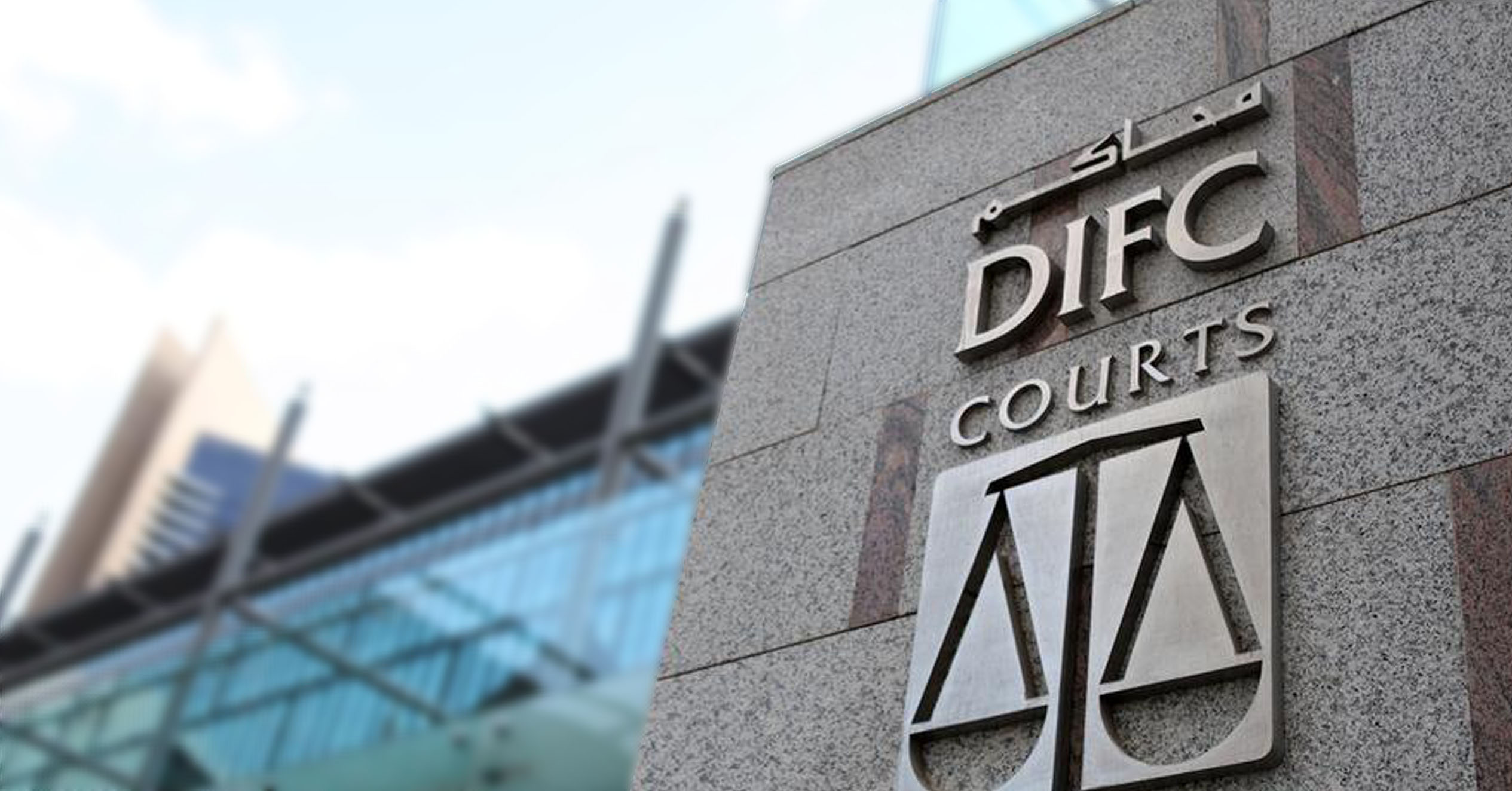


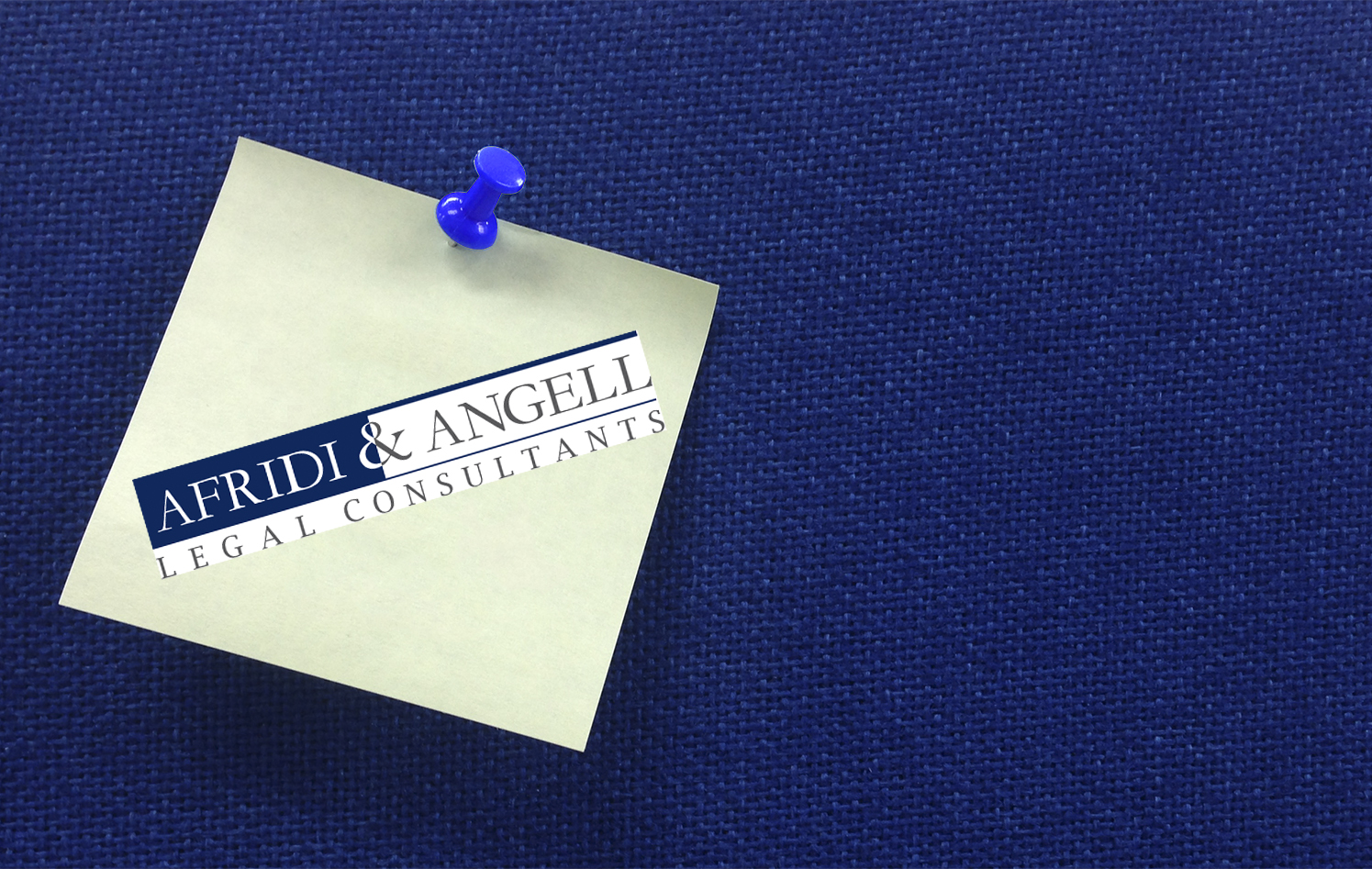



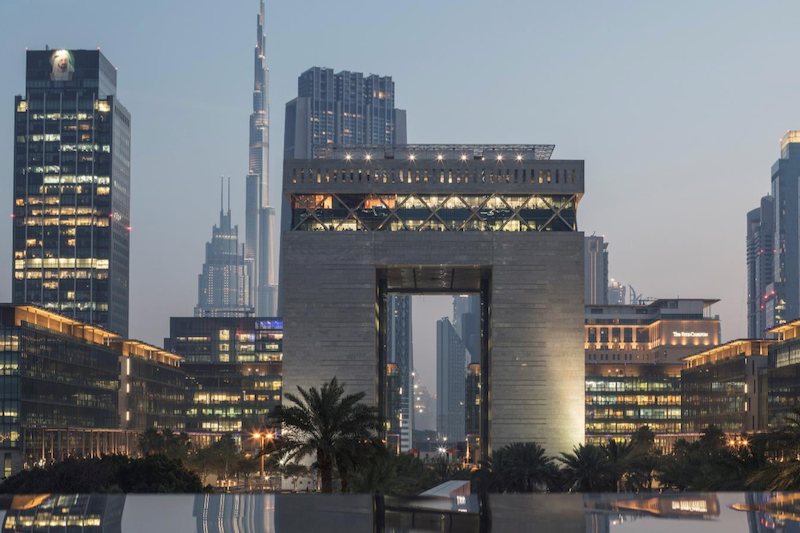


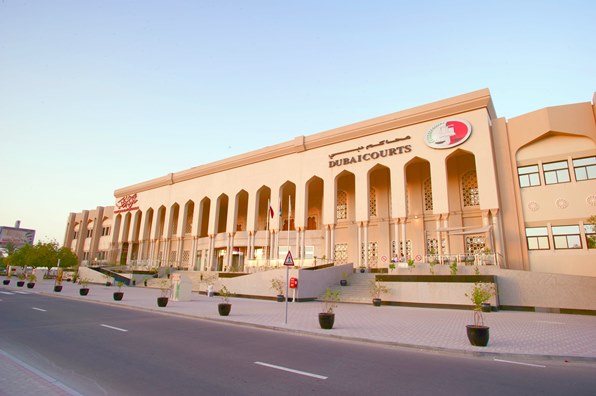









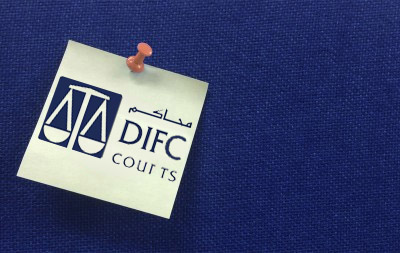
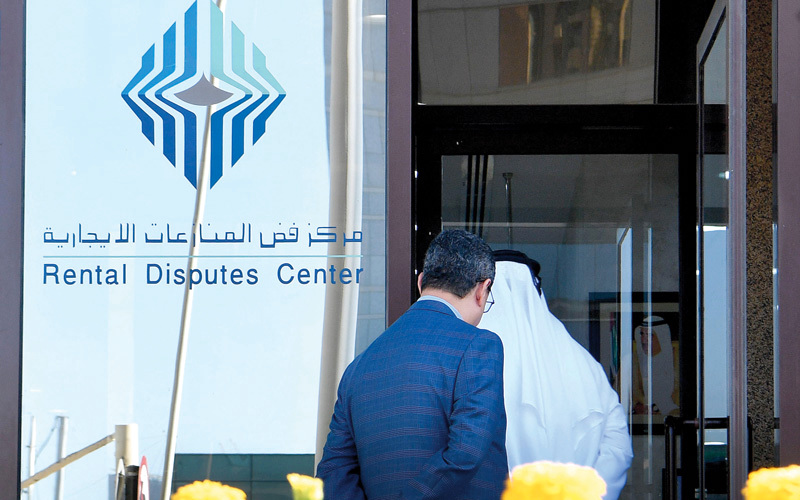
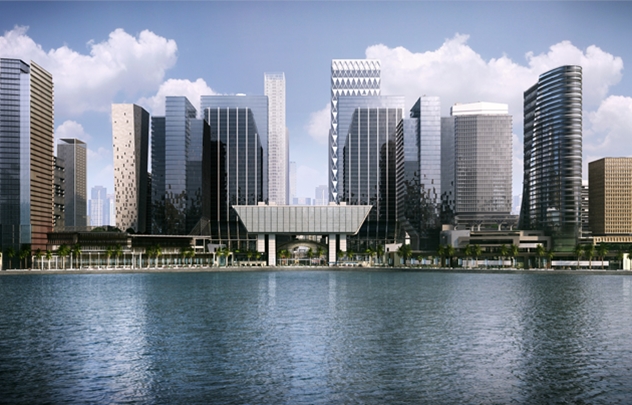











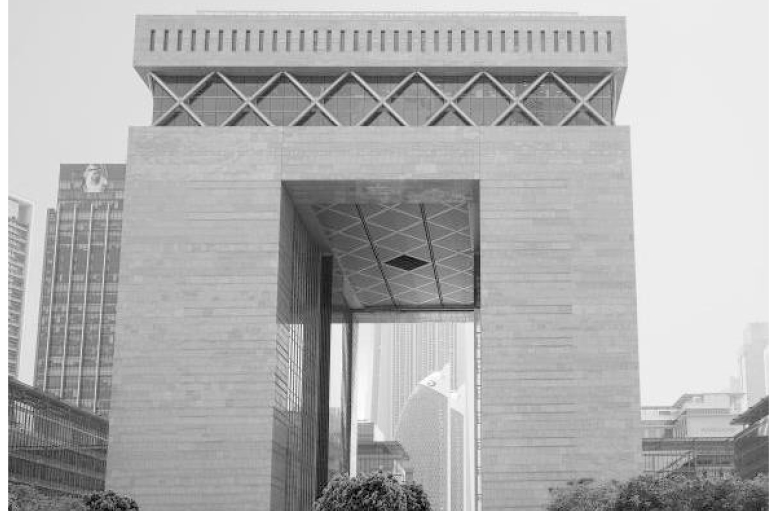




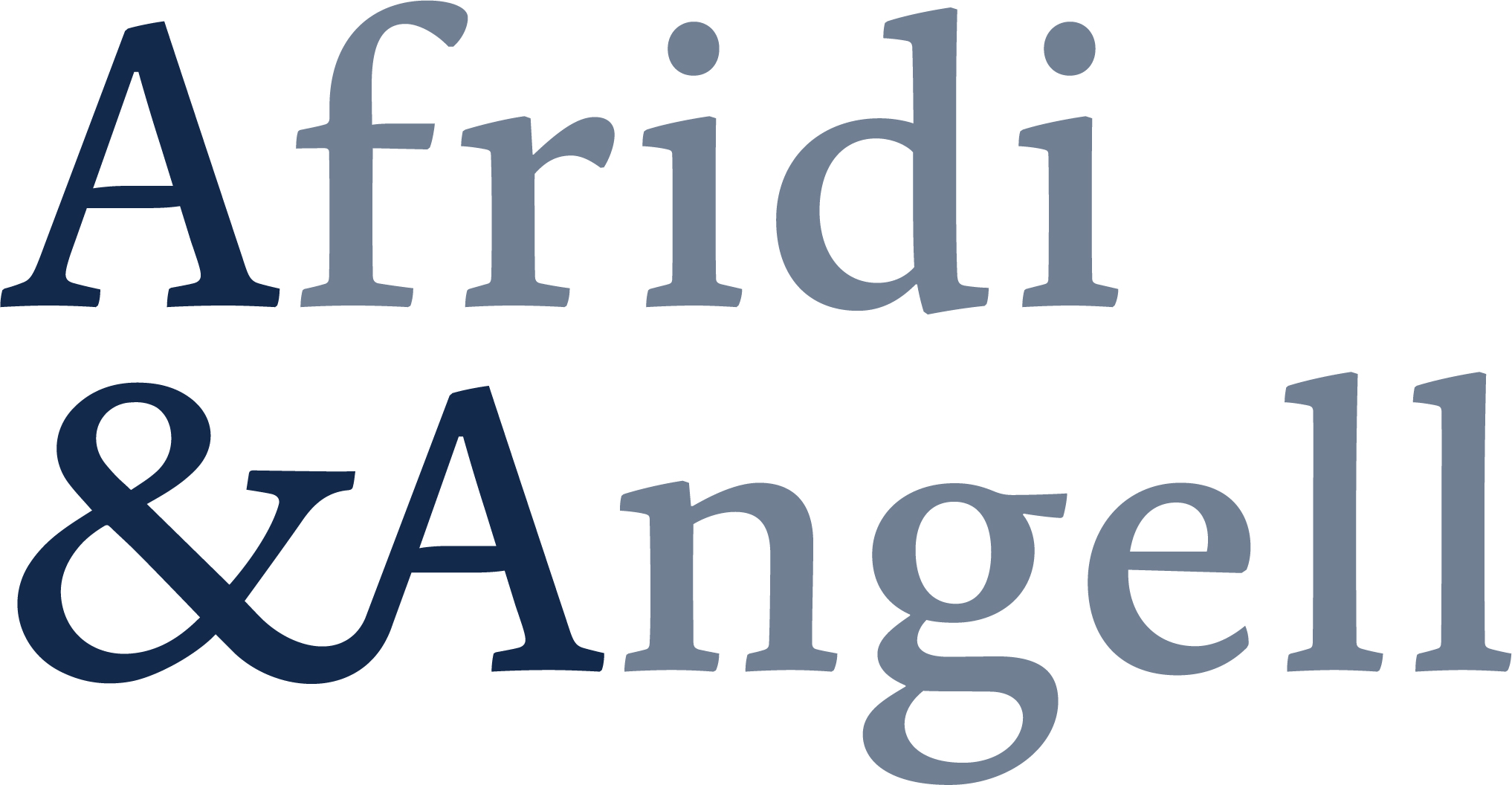 Afridi & Angell
Afridi & Angell Masood Afridi
Masood Afridi Amjad Ali Khan
Amjad Ali Khan




